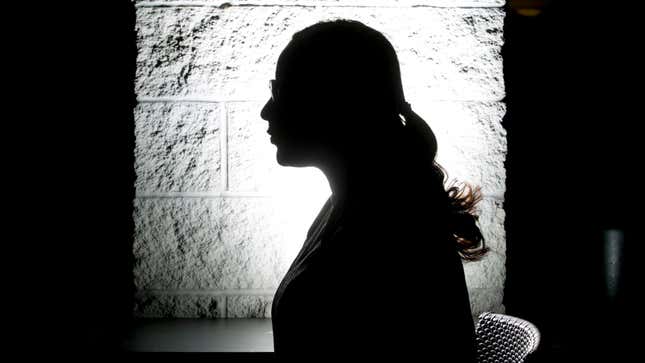Over 66,000 People in 6 Months Were Unable to Get Abortions in Their Home States Post-Roe
“We don’t know whether those people remained pregnant, or got an abortion some other way,” reported FiveThirtyEight.
AbortionPolitics

We’re about two months away from the first anniversary of the Supreme Court’s decision to overturn Roe v. Wade, and the outcomes have been about as catastrophic as predicted. Pregnant people have shared a range of near-death experiences; child rape victims and cancer patients have been forced to travel out-of-state for care; and at least one hospital serving a rural Idaho community shuttered its labor and delivery department altogether, no longer able to staff it due to concerns stemming from the state’s criminal abortion ban.
All of these stand out as visceral, overtly extreme stories—but what often gets lost in the conversation is the day-to-day cruelty of someone being denied an abortion simply because they didn’t want or couldn’t afford to remain pregnant.
On Tuesday, the Society of Family Planning released the second report of its #WeCount project tracking abortion care “provided by clinics, private medical offices, hospitals, and virtual-only clinics” post-Roe. The report found that over 66,000 individuals (66,510 to be exact), couldn’t get an abortion in their home state from July through December 2022—from Arizona to South Carolina to Ohio, Georgia, North Dakota, and Indiana. Breaking these numbers down further, the report specifies that of these individuals, 43,830 people were unable to receive an abortion because of a new ban in their home state, while an additional 22,680 were unable to access care because of other new restrictions.
-

-

-

-

-

-

-

-

-

-

-

-

-

-

-

-

-

-

-

-

-

-

-

-

-

-

-

-

-

-

-

-

-

-

-

-

-

-

-

-








































